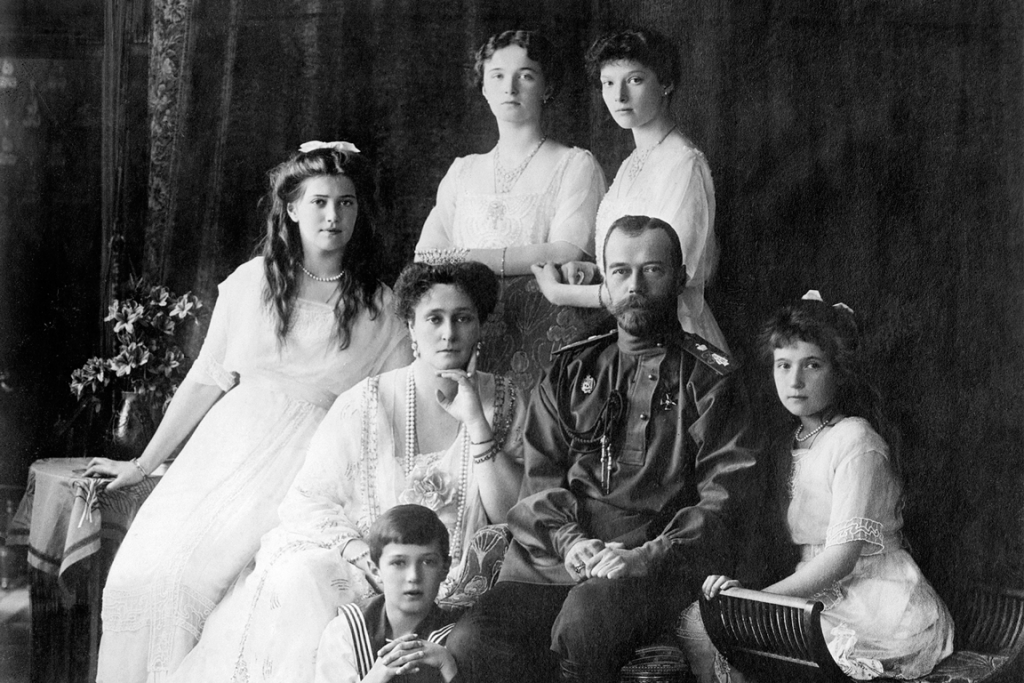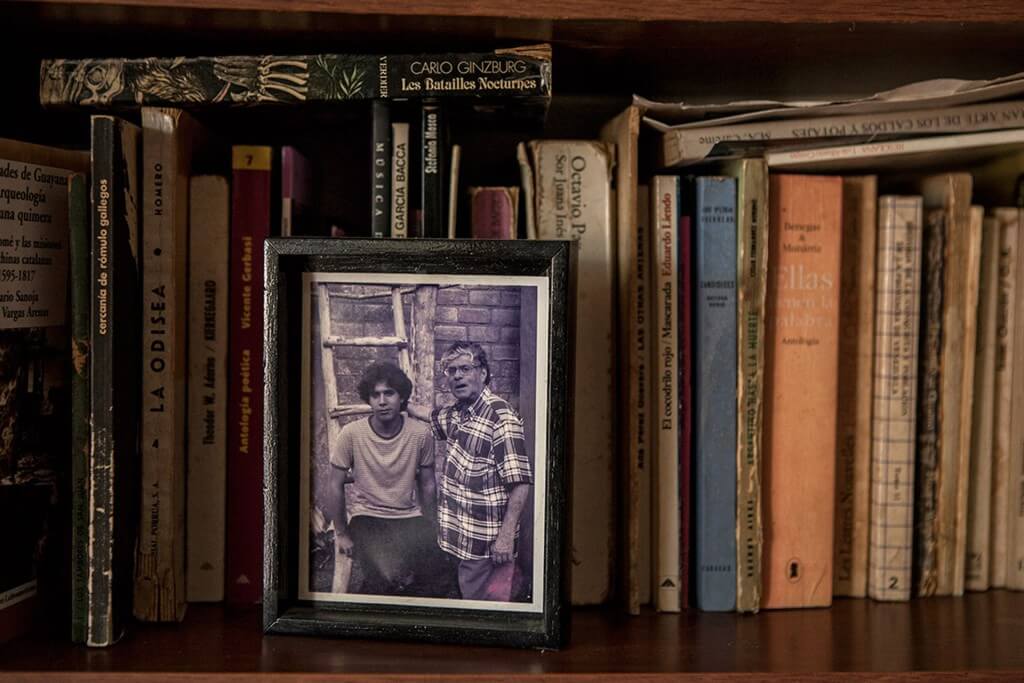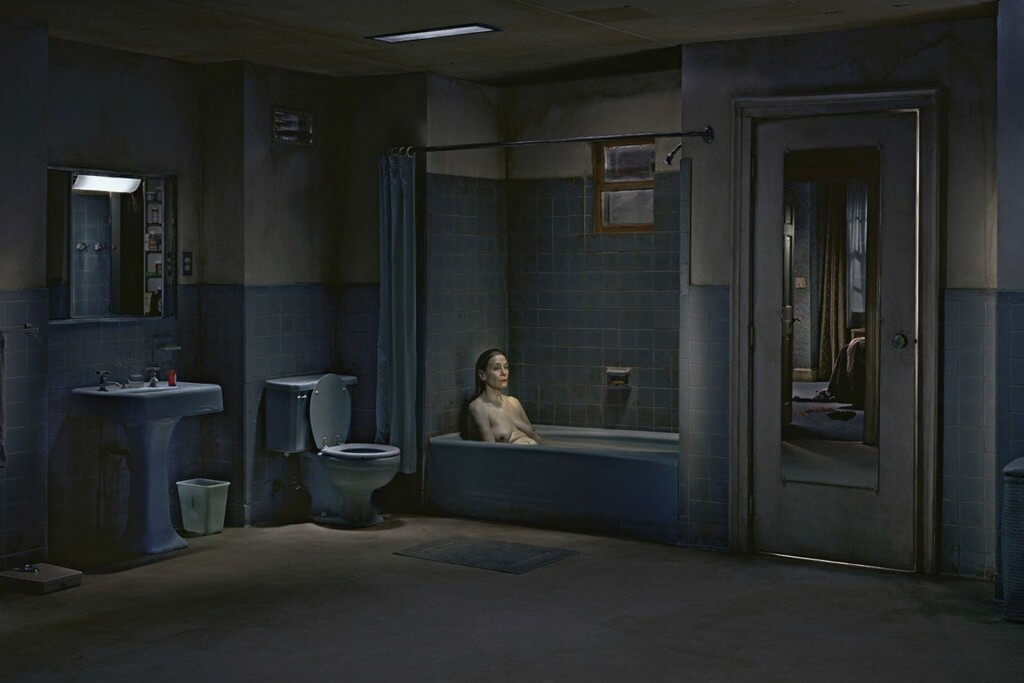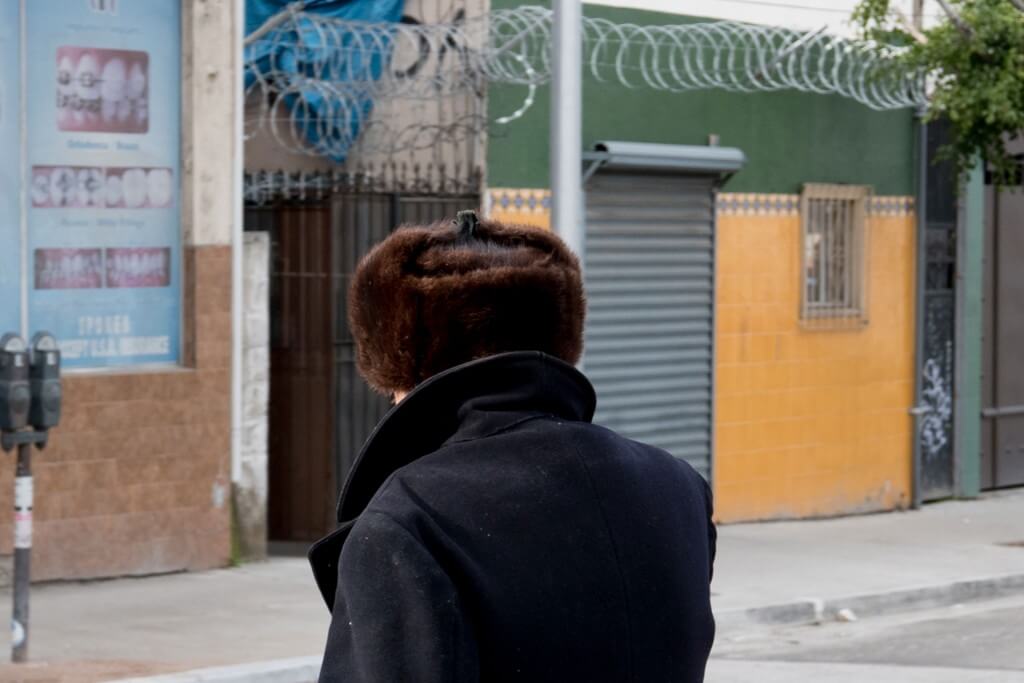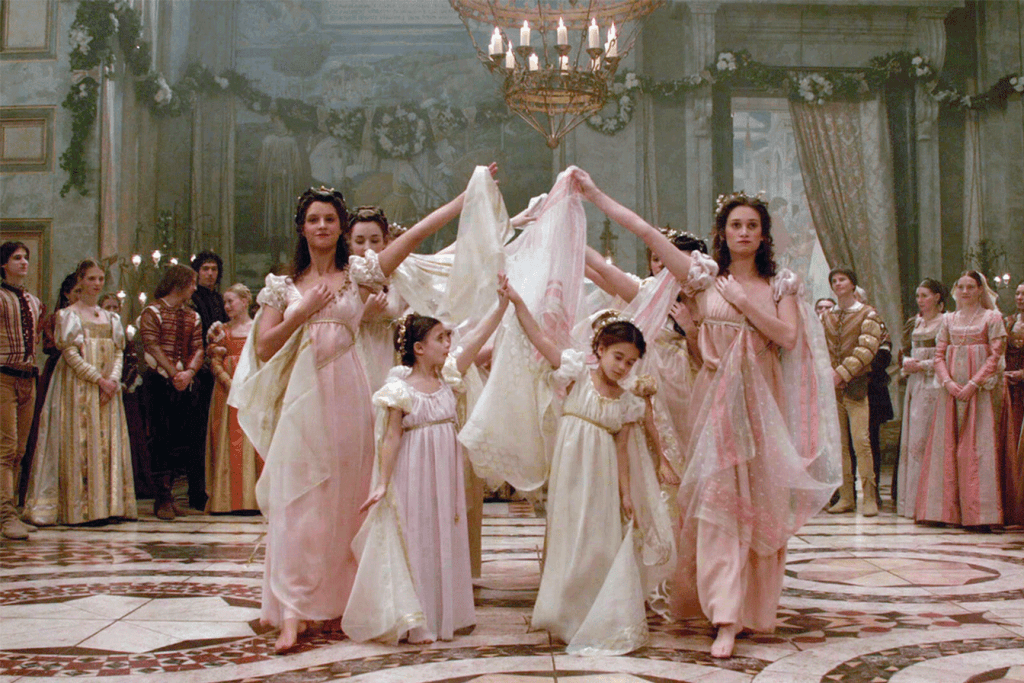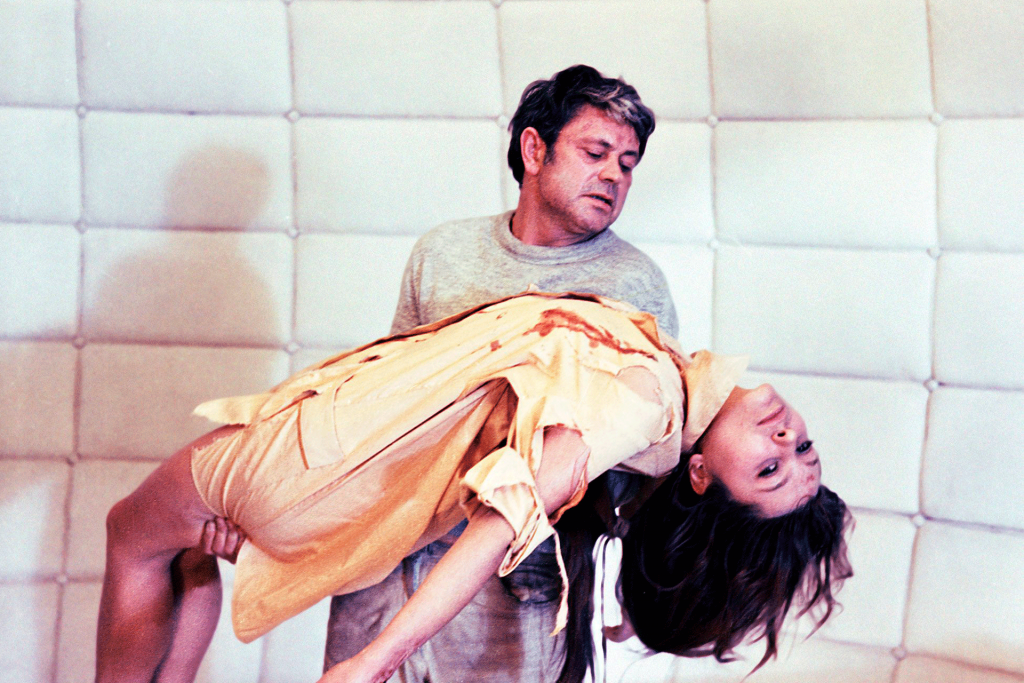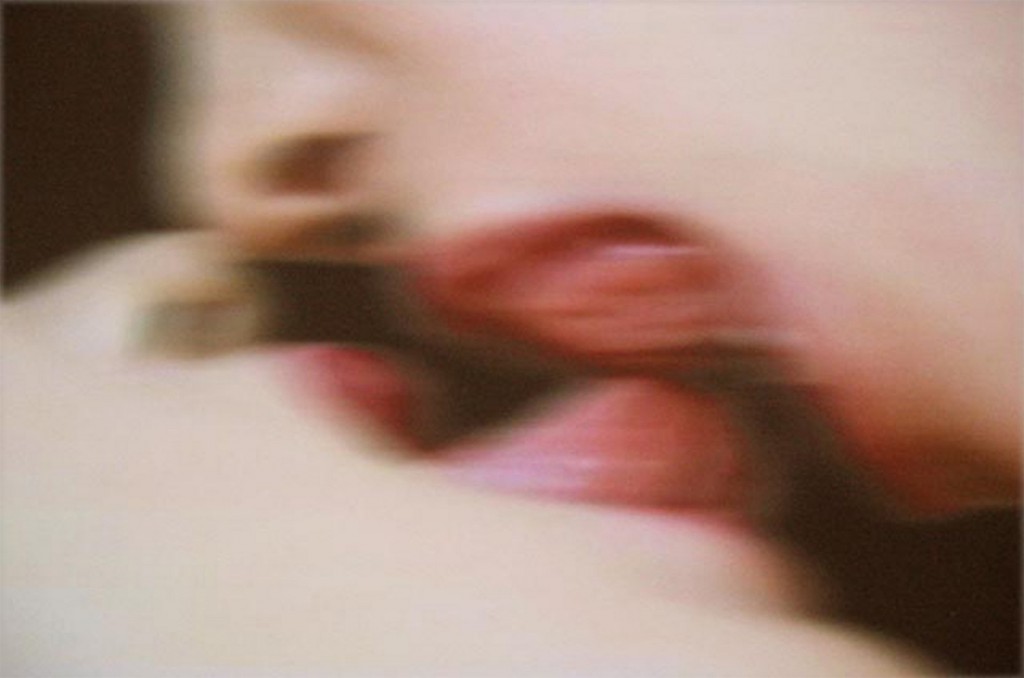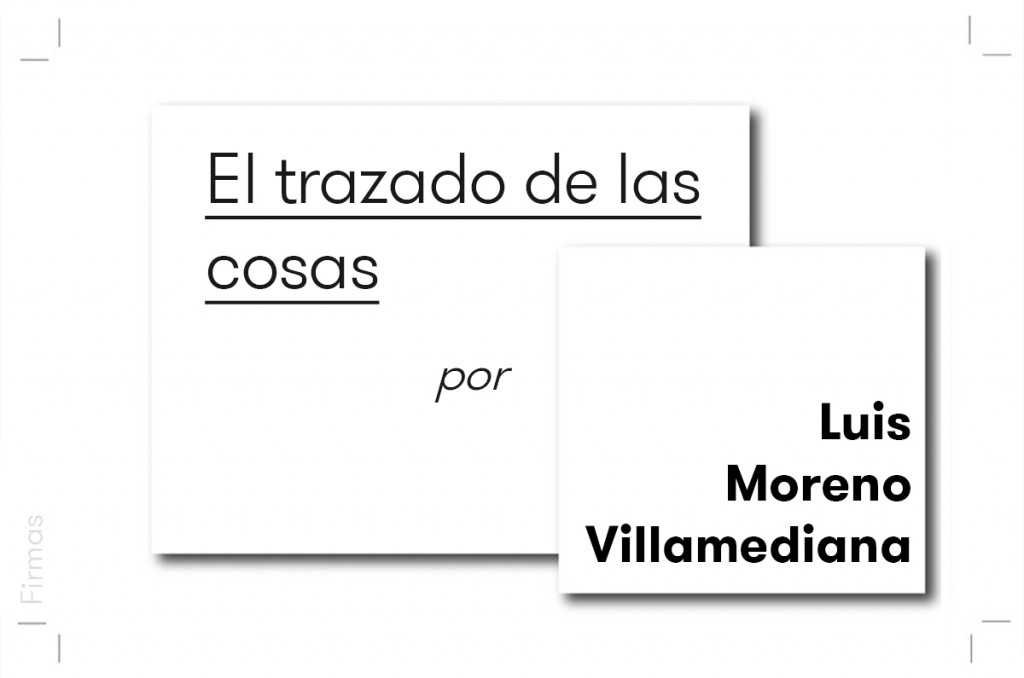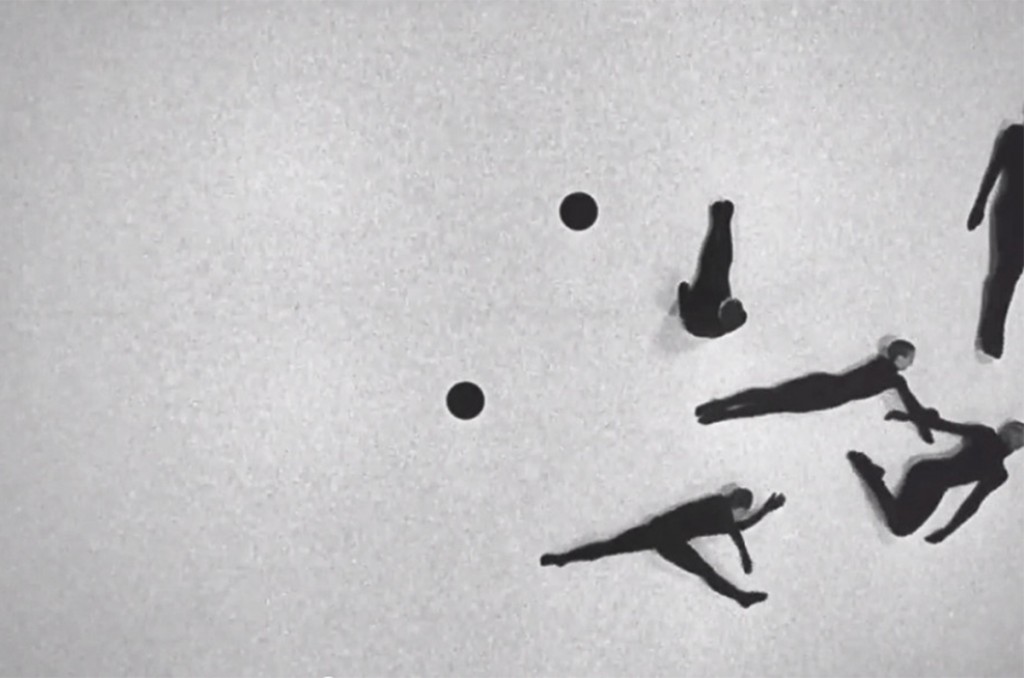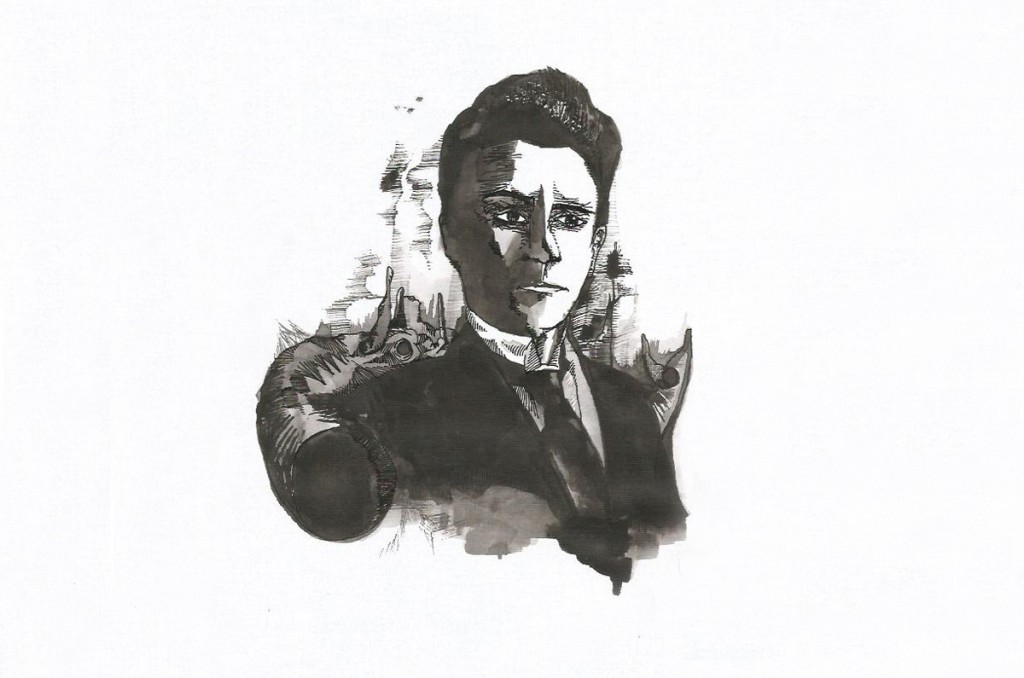Tag: Literature
The Wakeful House
It is what it is: your parents build the house, often upon a dead thing: their own childhood, those dreams where they were spies, princesses or firemen. To have a home, of course, is to incite an invasion. We grow into a heritage of fossils and learn our first words in grief.
The Library in the House
Writing about Adriano is not easy. Writing about his library isn’t easy, either. It is a notion too noticeable and at the same time swarming with certain sentimental family nothings that involve only me; or it is so very quotidian, to the point that though it is his library and it belongs to him, | … |
The Luminous Excercise*
Sometimes I tell a story because I cannot move.
But the truth is I like to go back on things that paralyze me. The other day I read some Auden verses on Twitter: And ghosts must do again / What gives them pain. And I laughed. Besides, one always wants to feel special by believing one has anything in common with English poets, which I don’t know whether is literary love or endogenous racism.
Now Is the Time
Free retellings of a few days in Mexico. Texts by Carlos Ávila and photographs by Agustina Triquell.
Tijuana. Artaud arrived in Mexico in the mid-thirties and said that he was on the road to the sun: «What must be pursued here is the secret of that force of light.» What did he mean? Nobody knows. As far as I’m concerned, the reflection of the sun in Tijuana, possibly that «force of light» pointed out by Artaud, gives me an intense headache.
Dear Automaton
The idea that God was synonymous with a Great Watchmaker and that the human body was nothing more than the most perfect watch became popular. Man, in the end, would be an organic machine, a machine with spirit, a ghost that inhabits a skin casing. We are rare and sensitive technology that thinks, invents, and breathes.
Perplexities on History and Fiction
Even specialists find it difficult to unambiguously define the historical novel or, as I prefer to call it, historical fiction. All seem to agree that a historical fiction must take place in the past, must principally involve at least one real-life character, and must include some level of ambiance reconstruction. The agreements appear to only | … |
The World Is a Strange Planet
In July of 2015, NASA announced the discovery of Kepler 452b, known as Super-Earth—and sometimes simply as the Other Earth. It is the planet most similar to ours in the known universe, only 60% bigger, a few degrees warmer, with a brighter and slightly older sun, slightly reddish skies (the size of the sun along | … |
A Minefield and Other Battles of Piglia
September is here, spring is around the corner, and porteños begin to feel the gentle heat that announces the end of the year. We take to parks and squares, exorcise the cold of winter, and line up the ideas, documents, and bills that will make up our annual balance. Yes, this might sound like an | … |
The Perseverance of the Hole-Filled Sky
Human associations based on feelings are often unfair. They demand a permanent agreement between what we know about people and what we expect them to be, they float on the arduous balance between reality and its ghost. Thus, parents and children ask each other to save the world and make it a blissful place for the other. Here lies the germ of a fairytale that harasses us through age: that first love is usually an irregular experience but we force ourselves to believe that it will be consummated in august satisfaction.
Failed Lesson in Inmunology
I’m afraid of bacteria. The burgeoning humanitarian crisis has perfected the childish fear of my adulthood. Bacteria are the antagonistic terrain where I become aware that the others are a legendary threat, and where my own body operates through sibylline reasons that do not always flow in my favor.
The Outline of Things
Maybe aesthetics can only deal today with works in uninterrupted progress. The paintings of Alberto Giacometti seem to privilege a vision at the edge of the unfinished: in principle, it emphasizes a series of lines that, in the work of others, could be interpreted as guides. Whoever observes any of his canvases may imagine | … |
The Dervish and Clairvoyance
Memory may itself be a literary genre. After all, she is the mother of the muses, begotten by the great stallion. Her board of instructions may consist of damaging or resurrecting whomever the memory is happening to, thus transforming the exercise into a subtle, trained clairvoyance.
Un-Letter to a «Young» Poet(?)
This will be quick, just the way you like your literature, your sex, and your politics—even if you can’t tell one from the other—. Three minutes later there’s too much information, too much thickness; you can’t understand a text but as a photo caption. Three minutes later, the Essequibo must be saved. Three minutes later, you’d like to fast-forward to the cum shot.
José Antonio Ramos Sucre
By Natasha Tiniacos (Translated by Guillermo Sucre). A desire to establish dialogues with creators is presented in a nearly excessive manner in this new series. Venezuelan poet José Antonio Ramos Sucre responds to Proust’s questionnaire from his eternal estate.






